Read a new research paper entitled, Should We Play Politics with the Nation’s Defense? The Supreme Court’s Ruling in Students for Fair Admissions v. Harvard College and the U.S. Service Academies, written by Paul Larkin, Charles Stimson and Lt. Gen. Thomas Spoehr of the Heritage Foundation.
Abstract
Congress has chartered the U.S. service academies to graduate officers capable of serving in leadership roles to protect the nation and its citizens against anyone who would visit harm on us. But neither those institutions, their superintendents, nor the President is above the law.
The Supreme Court held in Fair Admissions that it meant what it said in Brown v. Board of Education that no one should be denied equal educational opportunity due to his or her skin color.
Only in extraordinarily rare circumstances—where the government must achieve or protect a compelling interest, such as remedying illegality or saving life; where the government tailors its use of race to achieve only that goal; where there is a clear basis for judicial review of the government’s asserted need for discrimination; and where there is a clear temporal and physical limitation on the government’s use of race—may the government deny a person a benefit offered to someone else because of race or ethnicity.
Just as the civilian law enforcement and intelligence communities can consider race when making undercover assignments, so, too, the military can justify race- or ethnicity-based operational field assignments for personnel tasked in an intelligence-gathering capacity.
What does that mean for the U.S. service academies? The academies cannot make a persuasive case for a race-based admissions policy.
There is no legally or factually significant difference between those institutions and the public and private institutions that must comply with the Supreme Court’s Fair Admissions decision.
Accordingly, the academies cannot lawfully discriminate on the basis of race when making admission decisions.
Read PaperDownload Paper (pdf)
Contents:
INTRODUCTION
I. THE MILITARY SERVICE ACADEMIES’ ADMISSIONS POLICIES
A. The Federal Service Academies
B. Oversight and Admissions
C. Nominations and Appointments to Military Academies
D. Admission to the USCGA and USMMA
E. Additional Rules Requiring Race as a Consideration
II. THE SUPREME COURT’S FAIR ADMISSIONS DECISION
A. The Content of Equal Protection Law
B. The Pre-Fair Admissions Case Law Governing Postsecondary School Admissions
C. The Fair Admissions Decision
1. The Harvard and UNC Race-Based Admissions Programs Were Not Susceptible to Judicial Review
2. The Harvard and UNC Race-Based Admissions Programs Used an Applicant’s Race as a Negative Factor and Operated as a Stereotype
3. The Harvard and UNC Race-Based Admissions Programs Had No Logical Stopping Point
4. The Arguments Made in the Dissents in Favor of the Harvard and UNC Race-Based Admissions Programs Conflicted with Supreme Court Precedent
III. THE APPLICATION OF FAIR ADMISSIONS TO THE U.S. SERVICE ACADEMIES’ ADMISSIONS DECISIONS
A. The Exchange in Fair Admissions Between the Majority and Justice Sotomayor
B. Foundational Premises
IV. MAY THE MILITARY SERVICE ACADEMIES EVER CONSIDER RACE IN THEIR ADMISSIONS PROCESS?
A. Selection Decisions for Particular Military Tasks
B. The Service Academies’ Admissions Decisions
C. The Unique Nature and Needs of the Military
D. The Military Service Academies’ Admissions Decisions
CONCLUSION

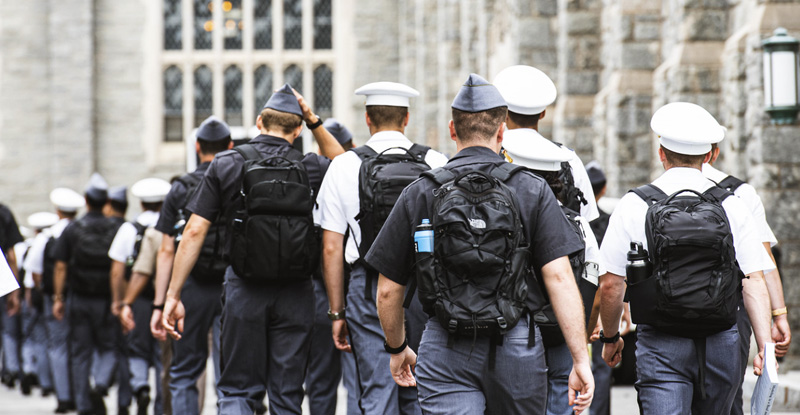
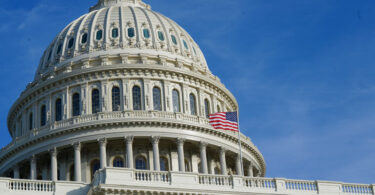
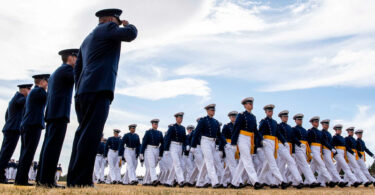

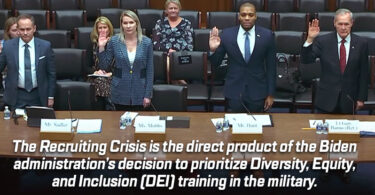
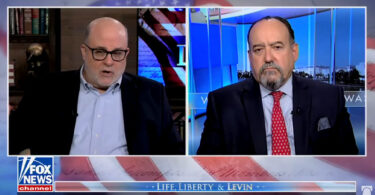
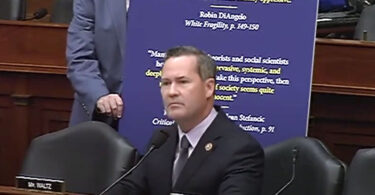
Leave a Comment